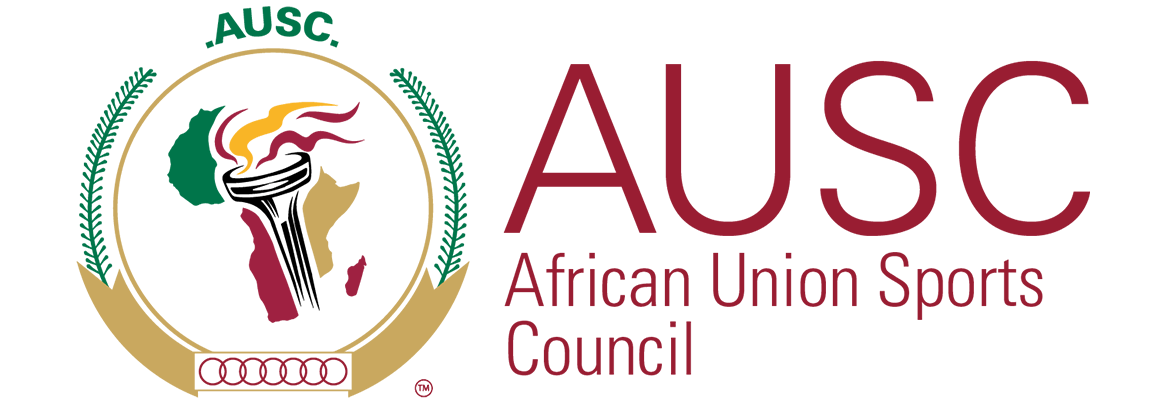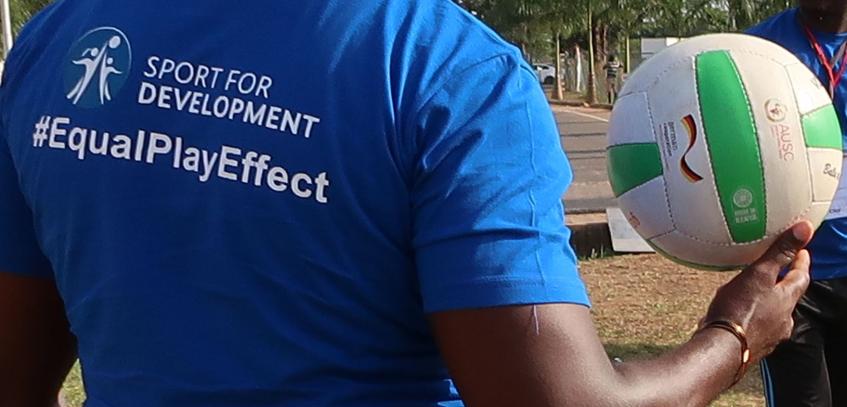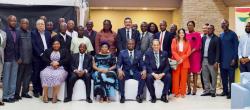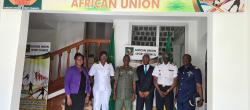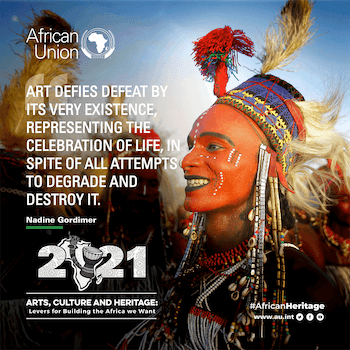The power of sports in building peaceful societies and communities.
Every 6 April is observed globally as the International Day of Sport for Development and Peace, marking the crucial role of sports in fostering development amongst individuals and within communities as well as its contribution to peaceful communities. Declared an international day in 2013 by the United Nations General Assembly and celebrated since 2014, the Day of Sport for Development and Peace is historically linked to the first modern-day Olympics that started on 6 April 1896 with 241 athletes from 14 nations competing in the global bonanza as per the International Olympic Committee, the global body tasked with supervising, supporting and monitoring the organization of the Olympics and the respect of the Olympic charter.
But beyond the historical implication of the date, this day has become more significant with sports' role in thriving development and peace becoming more evident and easily adopted by governments and continental sports bodies. The African Union has positioned itself as an ardent promoter of sports for development continentally and globally through the establishment of the African Union Sports Council, a technical office charged with coordinating the African sports movement around the promotion of the development of sports and sports for development on the continent.
In Africa, this concept has gained significant ground with many African nations resorting to sports to advance gender equality, proper healthcare, and good education as well as to tackle juvenile delinquency and crime rates. The spinoffs of such sports for development and peace concepts are palpable on a macroscopic level, observing the conduct of states and when one zooms in, on a microscopic level with individuals and entire communities also witnessing behavioral changes courtesy of these sports for development and peace activities.
The contribution of sport to peaceful nations.
Sport in the past decades had been viewed from a recreational prism, while its ability to rally persons around a common national cause had been tested with relative success in the period before the decolonization of the continent and the aftermath of independence. The power of sport to successfully garner national attention around a purposeful ambition was evident in helping some nations resolve conflicts and racial discrimination.
In 1995, South Africa hosted the Rugby World Cup and a year later, Africa’s biggest football gathering, the Afcon was heading to the nation. Whether by sheer luck or purposeful coincidence, these two major sports events were key in soothing some of the pains and contributing to taking some steps towards healing of a South African society scarred by decades of racial discrimination. Before the Rugby competition, South Africa’s team christened the “Springboks” which had only white players was considered the incarnation of white supremacy in the country. With South Africa now led by liberation fighter Nelson Mandela, triumphing in the competition was key in breaking down stereotypes and bringing blacks and whites together. A year later when South Africa’s men’s football team nicknamed the “Bafana Bafana”, followed suit to lift the Afcon trophy, the nation’s cracks were papered by the joy ushered in by sports glory.
In South Sudan, several organizations have crafted sports for peace policies around football, basketball, wrestling, or boruboru, a traditional sport code somewhat like dodgeball, to bring together rival tribes and factions in a drive to quell tensions between the various parties.
Sports bringing Societies together.
Sports for development has become a tool utilized by several governments and international organizations for social intervention in disadvantaged communities. Sports has become a key cog in bringing societies together, facilitating integration within communities, and providing a liberal space for expression. It is a neutral and safe space for individuals who come together to practice regardless of their ages, origins, religious and cultural inclinations as well as genders.
The practice of sports provides a foundation for social and academic reforms to be brought forth. Across the continent, sports are used to raise awareness against certain ills such as gender inequality or discrimination, illiteracy, forced marriages, and female genital mutilation as well as providing an avenue to fight against HIV/Aids.
The personal gratification and social development on an individual basis linked to sports are enormous. The values inherent in sports have often catalyzed its participants to aspire to greater knowledge. The coach of Namibia’s women’s football team Jacqui Shipanga has often hammered on the importance that playing football has had in transforming her players and providing a different and better perspective for her younger players. She has hinted that while most of her younger players aged under 17 started playing football as dropouts, after a few months of playing the sport, they now aspire to get a university education.
This quest for further education is complimented by the development of sports as it enhances the technical and tactical skills of those who practice it. When viable sports for development policies are executed, safe and inclusive sports grounds are established, providing the infrastructure necessary for the emancipation of young people and for grassroots sports to thrive.
International organizations and governments dealing with refugees have turned to sporting activities to ease their adaptation and bring relief. The practice of sports by refugees serves as a coping mechanism against the psychological trauma from war, reinforces human connection amongst communities, and makes available opportunities to learn. For refugees as well as host communities, this often entails blending both modern and traditional sports codes. Practicing such African sports disciplines which are often accompanied by cultural codes has been cardinal in preserving them over the decades. Some sports such are wrestling or stick fighting within some African communities are only experienced during important periods such as the start of the farming season or before the enthronization of a traditional ruler.
This year’s global theme “Sport for the Promotion of Peaceful and Inclusive Societies” resumes what sports can do for peace but is also foretelling of the momentous position that sport will take up in the decades to come, extending beyond physical activity to a crucial tool of peaceful coexistence.
